Moving toward fairer society
Updated: 2016-10-14 07:51
(China Daily)
|
||||||||
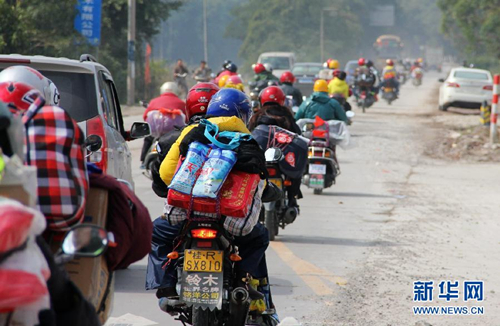 |
|
Workers ride home with their motorcycles heavily laden with Spring Festival gifts. [Photo/ Xinhua] |
In a timely and necessary move to remove the obstacles that prevent migrant workers from settling down in the cities where they work, the General Office of the State Council, China's Cabinet, recently stated that big and medium-sized cities should not set a time limit on the participation in local social security network longer than five or three years respectively as the threshold for migrant workers to qualify for a local hukou, or household registration. Nor should they set homebuying, investment, or paying taxes as preconditions for a hukou.
To help non-local people settle down in cities is not only a step toward promoting greater social equality and justice, but also a must for the country's economic transformation.
At present, more than 700 million people live in the cities and towns. However, as many as 200 million people, mainly migrant workers, are denied such basic public services and welfare as healthcare, children's education and social security due to their lack of a local hukou.
The failure to incorporate the floating population into cities and denying them the same identity as local residents exacerbates social divisions and undermines social equality and justice.
To raise the urbanization rate by allowing more migrant workers settle in the cities where they work is a goal enshrined in the 13th Five-Year Plan (2016-20) and part of the country's reform of the hukou system.
According to the five-year plan, the goal is to relocate 100 million rural residents to the cities by 2020, which will raise the country's urbanization rate to 45 percent.
To ensure this goal is met the government should offer the necessary financial guarantees and strive to push forward reform of the decades-long hukou and social security systems.--Beijing Times
- Hollande, Merkel, Putin discuss how to implement Minsk peace deal
- Pentagon vows to respond to attempted missile attacks at US destroyer near Yemen
- NASA to invite private companies to install modules on space station
- Trump accused of inappropriate touching by two women
- White House denounces terror attacks in Afghanistan
- Republican voters frown on party establishment's criticism of Donald Trump
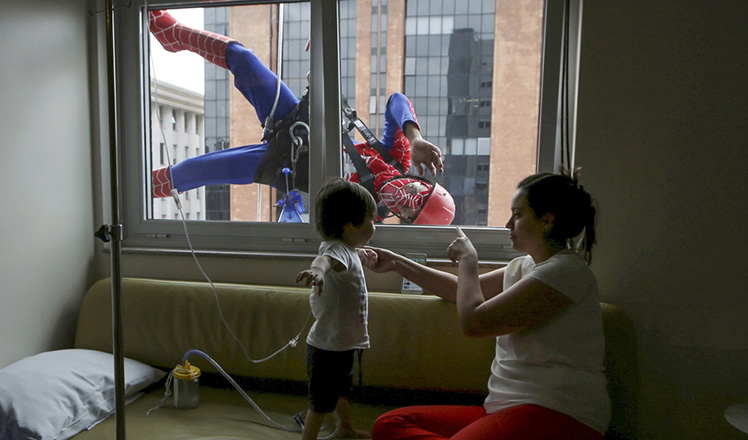
 Superheroes make surprise visit to children's hospital
Superheroes make surprise visit to children's hospital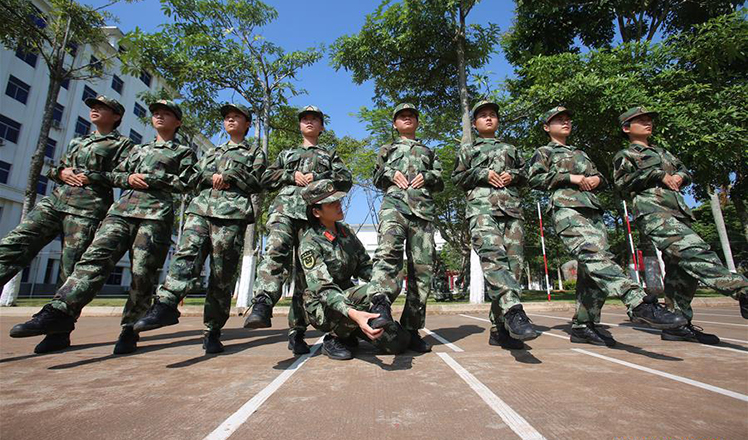
 Female soldiers take training in Hainan
Female soldiers take training in Hainan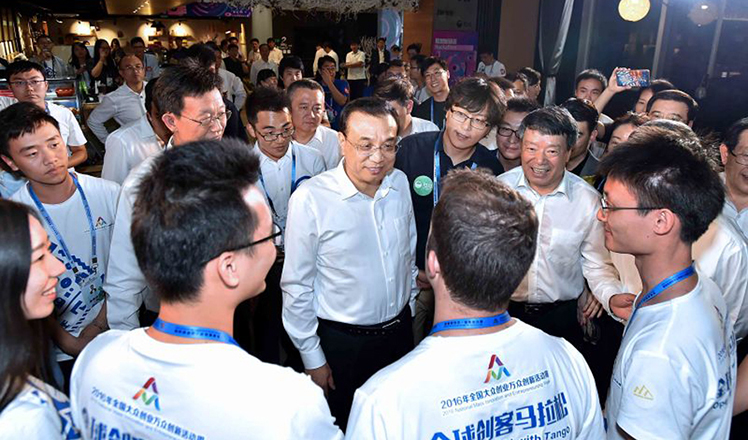
 Premier Li vows anew to ease market access
Premier Li vows anew to ease market access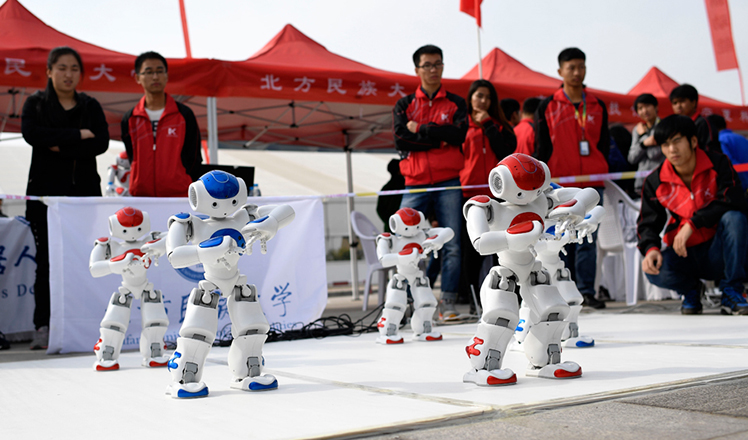
 Cutting-edge gadgets on display at innovation expo
Cutting-edge gadgets on display at innovation expo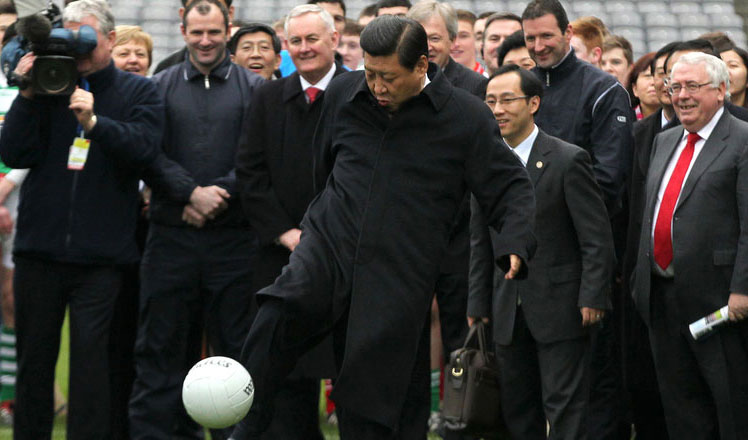
 Take a glimpse into soccer-related gifts of Xi
Take a glimpse into soccer-related gifts of Xi
 Precious relics of debauched king on display in Jiangxi
Precious relics of debauched king on display in Jiangxi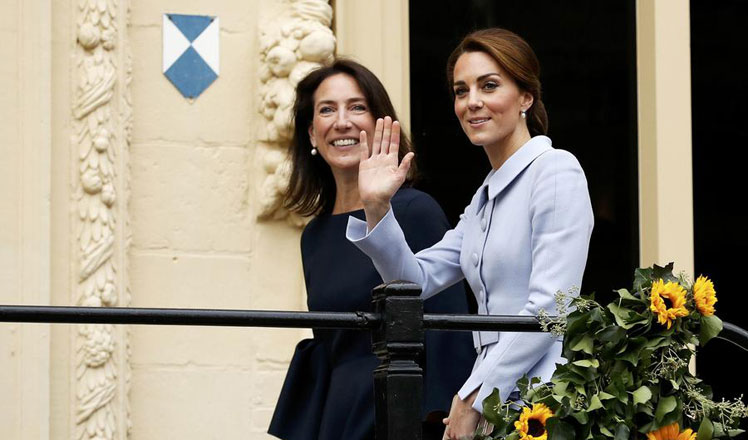
 In pics: Britain's Kate visits the Netherlands
In pics: Britain's Kate visits the Netherlands
 Qizai, rare brown giant panda in China
Qizai, rare brown giant panda in China
Most Viewed
Editor's Picks

|

|

|

|

|

|
Today's Top News
Trump outlines anti-terror plan, proposing extreme vetting for immigrants
Phelps puts spotlight on cupping
US launches airstrikes against IS targets in Libya's Sirte
Ministry slams US-Korean THAAD deployment
Two police officers shot at protest in Dallas
Abe's blame game reveals his policies failing to get results
Ending wildlife trafficking must be policy priority in Asia
Effects of supply-side reform take time to be seen
US Weekly

|

|









